Goth Chick News: I Went To See an Acupuncturist and When I Got Home My Voodoo Doll Was Dead
 I have a friend who collects Star Wars paraphernalia. He travels around the country a few times a year attending mammoth SciFi conventions and comic trade shows, in the frenzied remainder of the hunting and gathering instinct that evolution allowed us to keep. The dedicated room in his house where this amazing assortment of merchandise is displayed has its own security system, in place at the request of the insurance company that covers it with a policy of biblical proportion. His Facebook page is a plethora of friends and fans who admire his every acquisition, seeking to purchase or swap rare treasures with their original packaging intact.
I have a friend who collects Star Wars paraphernalia. He travels around the country a few times a year attending mammoth SciFi conventions and comic trade shows, in the frenzied remainder of the hunting and gathering instinct that evolution allowed us to keep. The dedicated room in his house where this amazing assortment of merchandise is displayed has its own security system, in place at the request of the insurance company that covers it with a policy of biblical proportion. His Facebook page is a plethora of friends and fans who admire his every acquisition, seeking to purchase or swap rare treasures with their original packaging intact.
By contrast, I collect Voodoo dolls, for which the conventions are largely unpublicized and which no one seems interesting in trading.
The idea of creating and then affecting an inanimate representation of a living thing is thousands of years old. The Egyptians buried their dead kings with dozens of tiny statues of servants which would come to life to serve their masters in the next world, and ancient Romans crafted small likeness of friends and enemies to use in prayers to their many deities. In China, small dolls were artfully sculpted and honored as family ancestors.
In fact, you’d be hard pressed to find a civilization that did not have some sort of similar lore. The act of creation is infused with irresistible mystic qualities; once we make it, we can nurture it or destroy it. That is our god-like choice.
So you can clearly see why this is way more fun than collecting Star Wars figures.

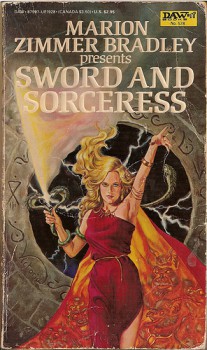 Sword and Sorceress I
Sword and Sorceress I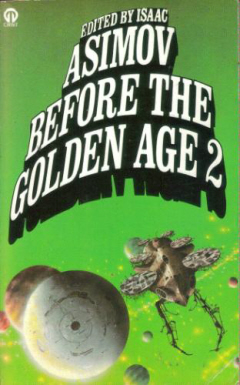 One of my favorite books — among a host of many favorites, of course, many many favorites, collected over decades of careful reading in a wide variety of genres, it’s hard to choose, depends on the time of day, naturally, and what we’re talking about, whether you want to include non-fiction, and it’s difficult to judge pleasure reading against, you know, literature like The Sound and the Fury, which was great until the part where I quit reading and pretty much gave up. That Quentin character though, man, what a dick. Anyway. Where was I.
One of my favorite books — among a host of many favorites, of course, many many favorites, collected over decades of careful reading in a wide variety of genres, it’s hard to choose, depends on the time of day, naturally, and what we’re talking about, whether you want to include non-fiction, and it’s difficult to judge pleasure reading against, you know, literature like The Sound and the Fury, which was great until the part where I quit reading and pretty much gave up. That Quentin character though, man, what a dick. Anyway. Where was I. I’ve been pondering the need for heroes in fiction again this week, and I thought it a good time to revisit a post I’d made on the Black Gate Livejournal page a few years ago. I imagine a lot of you haven’t read it; if you have, I apologize for the repeat.
I’ve been pondering the need for heroes in fiction again this week, and I thought it a good time to revisit a post I’d made on the Black Gate Livejournal page a few years ago. I imagine a lot of you haven’t read it; if you have, I apologize for the repeat.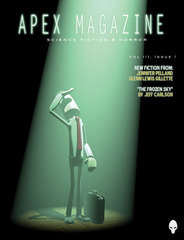 Apex publisher Jason Sizemore has announced that the magazine has re-opened to submissions.
Apex publisher Jason Sizemore has announced that the magazine has re-opened to submissions.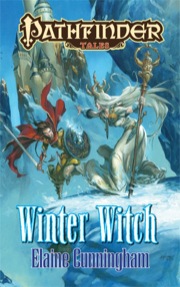 Paizo, publisher of the Pathfinder role playing game,
Paizo, publisher of the Pathfinder role playing game, 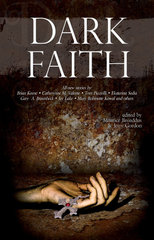
 Following some of the recent discussion on the future of the magazine, including the
Following some of the recent discussion on the future of the magazine, including the  It gives me great pleasure to announce what some of you may have already heard — the talented Ryan Harvey, author and Black Gate blogger extraordinaire, has placed third in the International Writers of the Future contest for the First Quarter of 2010.
It gives me great pleasure to announce what some of you may have already heard — the talented Ryan Harvey, author and Black Gate blogger extraordinaire, has placed third in the International Writers of the Future contest for the First Quarter of 2010.